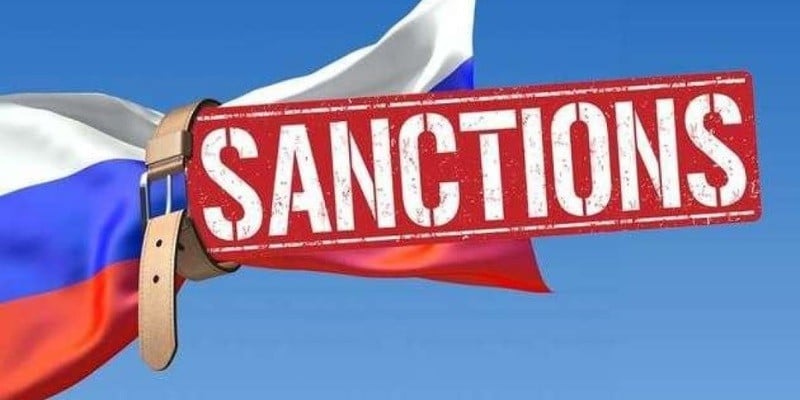 |
| In a new package of sanctions that directly hits Russia's economic revenue, the EU is targeting key exports to Moscow. (Source: Ukrainianworldcongress) |
One of those new ways is to block Russian oil tankers from reaching the market.
The European Union (EU) has planned to instruct Denmark to inspect and potentially block Russian oil tankers passing through its waters, Reuters reported, as the West looks for new ways to limit Russia's crude oil revenues.
The G7, EU and Australia imposed a $60-a-barrel cap on Russian seaborne oil exports in December to punish Russia’s military campaign in Ukraine, but high global oil prices this year have meant most Russian oil is still sold above the cap.
Under the plan, first reported by the Financial Times , Denmark would clamp down on oil tankers passing through the Denmark Strait without Western insurance.
All of Russia's oil is transported through the Baltic Sea, or about 60% of the country's total maritime exports, passing through the Denmark Strait to international markets.
Russia's oil export revenue will fall by October 2023 as global oil prices fall and the US imposes sanctions on ships violating Western restrictions, according to the International Energy Agency (IEA).
Recently, the information that attracted attention was that the US Treasury Department sent a notice to ship management companies requesting information about 100 ships that they suspected of violating Western sanctions related to Russian oil, according to Ukrinform .
The notices were sent last week to shipowners in about 30 countries by the Office of Foreign Assets Control (OFAC), according to a source familiar with the matter. It is the biggest US move since Washington and its allies imposed a price cap to limit Moscow’s oil revenues.
Accordingly, one of the companies that received a request for information from OFAC is Türkiye's Beks Shipping, but has not yet received a response from Beks.
Observers said the US Treasury Department has not yet commented on this information. But a spokesman for the Department said, “While we do not confirm or comment on investigations or enforcement actions, the Treasury Department is committed to enforcing price limits and reducing Russian resources that are funding the military campaign in Ukraine.”
Meanwhile, it is not yet known whether the plan to block Russian oil tankers from passing through the Danish Strait is part of the 12th package of sanctions against Moscow. However, in the new package of sanctions that Europe is discussing, which directly targets the Russian economy's revenue, the EU is targeting key export products to Russia.
Bloomberg reported that according to relevant internal EU documents, within the framework of the 12th package of sanctions against Russia, the EU is proposing to ban the export of machine tools and machine parts that Moscow could use to produce weapons for use in special military operations in Ukraine.
The EU also proposed adding chemicals, lithium batteries, thermostats, motors and auxiliary motors for drones to the list of designated goods.
Note that this new sanctions package is also expected to include an embargo on Russian diamonds, which was postponed from January 1, as well as a move towards an indirect ban on the import of Russian diamonds processed in third countries.
The ban is in line with the G7 agenda.
The proposal is part of the EU's 12th package of sanctions, which includes measures to better enforce price limits on Russian oil. EU member states will discuss the proposals this week, but they could be amended before they receive final approval from all members of the bloc.
The main goal of the new sanctions package remains to further restrict the Kremlin's ability to circumvent EU sanctions and finance its military campaign in Ukraine, as well as to cut off Moscow's revenue sources.
The 12th package of EU sanctions against Russia is expected to affect the economy's exports and imports - about 5 billion EUR.
Under the plan, if all the proposed sanctions against Russia are approved, more than 30 entities will be added to the list of individuals and organizations with restricted transactions, including companies in Kazakhstan, Uzbekistan and Singapore as well as several Russian engineering firms.
Earlier, EU High Representative Josep Borrell said that the EU is finalizing the 12th package of sanctions against Russia, which will include additional restrictions on individuals; tighter regulations to limit Russia's oil price limits, as well as a ban on imports of Russian crude oil and Russian diamonds into the European market.
According to the procedure, after Brussels organizes review and consultation at the meeting of the EU General Affairs Council, a package of documents will be presented to EU heads of state and government this December.
Source


![[Photo] Panorama of the cable-stayed bridge, the final bottleneck of the Ben Luc-Long Thanh expressway](https://vphoto.vietnam.vn/thumb/1200x675/vietnam/resource/IMAGE/2025/9/30/391fdf21025541d6b2f092e49a17243f)
![[Photo] President Luong Cuong receives President of the Cuban National Assembly Esteban Lazo Hernandez](https://vphoto.vietnam.vn/thumb/1200x675/vietnam/resource/IMAGE/2025/9/30/4d38932911c24f6ea1936252bd5427fa)
![[Photo] General Secretary To Lam, Secretary of the Central Military Commission attends the 12th Party Congress of the Army](https://vphoto.vietnam.vn/thumb/1200x675/vietnam/resource/IMAGE/2025/9/30/9b63aaa37ddb472ead84e3870a8ae825)

![[Photo] Solemn opening of the 12th Military Party Congress for the 2025-2030 term](https://vphoto.vietnam.vn/thumb/1200x675/vietnam/resource/IMAGE/2025/9/30/2cd383b3130d41a1a4b5ace0d5eb989d)
![[Photo] The 1st Congress of Phu Tho Provincial Party Committee, term 2025-2030](https://vphoto.vietnam.vn/thumb/1200x675/vietnam/resource/IMAGE/2025/9/30/1507da06216649bba8a1ce6251816820)
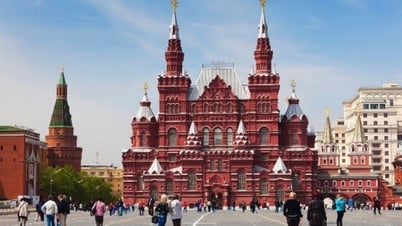



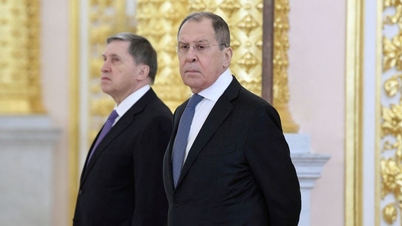


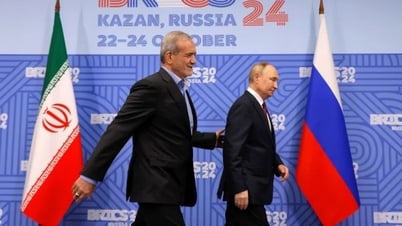




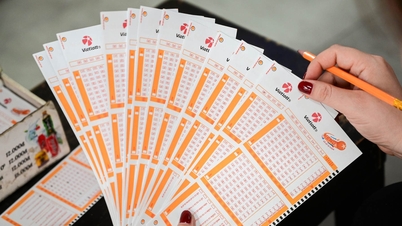

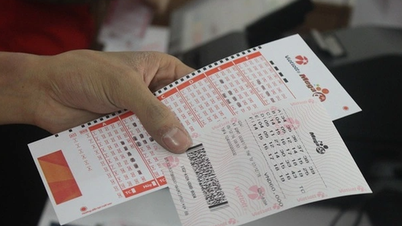
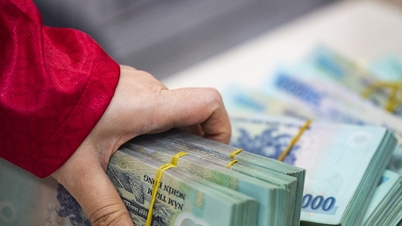











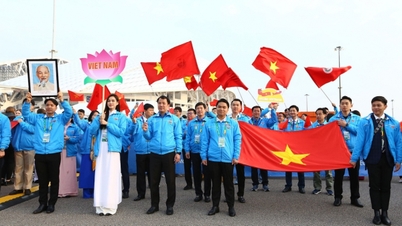





































































Comment (0)